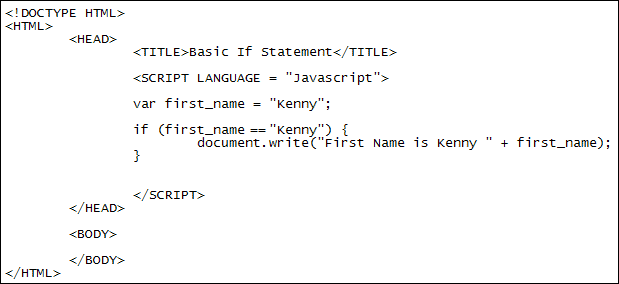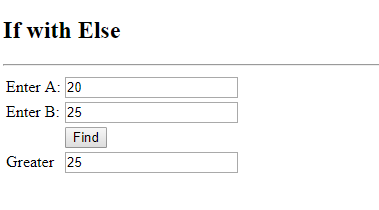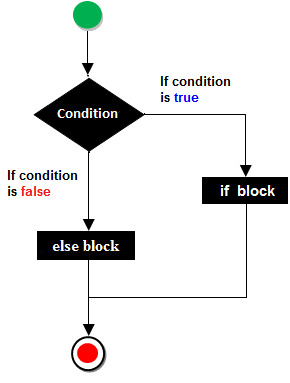


Overall, the choice between using an if/else statement and a switch statement depends on the specific needs of the program and the complexity of the conditions being evaluated. if/else statements also allow for more fine-grained control over the flow of the program, as multiple conditions can be checked in a specific order. However, if/else statements offer more flexibility than switch statements, as they can evaluate complex expressions and conditions that cannot be easily represented in a switch statement. Additionally, a switch statement can make the code more readable and easier to follow, especially when there are many possible conditions to check. One advantage of using a switch statement is that it can be more efficient than multiple if/else statements when testing a single expression against multiple possible values. If none of the case statements match the value of the day variable, the code inside the default block is executed. If the value matches one of the case statements, the code inside that case block is executed. In this example, the switch statement evaluates the value of the day variable.

Here's an example of an if/else statement: let x = 5 if (x > 10) The main difference between the two is that an if/else statement evaluates a condition and executes a block of code if the condition is true, while a switch statement evaluates an expression and executes the code associated with the matching case statement. In JavaScript, if/else statements and switch statements are used to control the flow of a program based on a specific condition. I've noticed a lot of code repos seem to have a problem with identifying the differences, and when to use if/else or switch in their JavaScript Code.


 0 kommentar(er)
0 kommentar(er)
